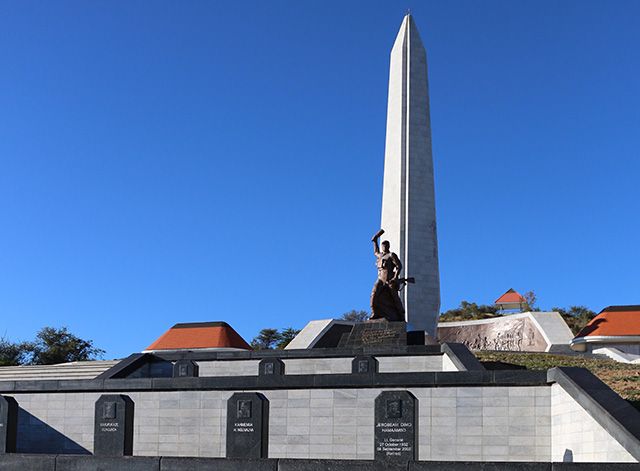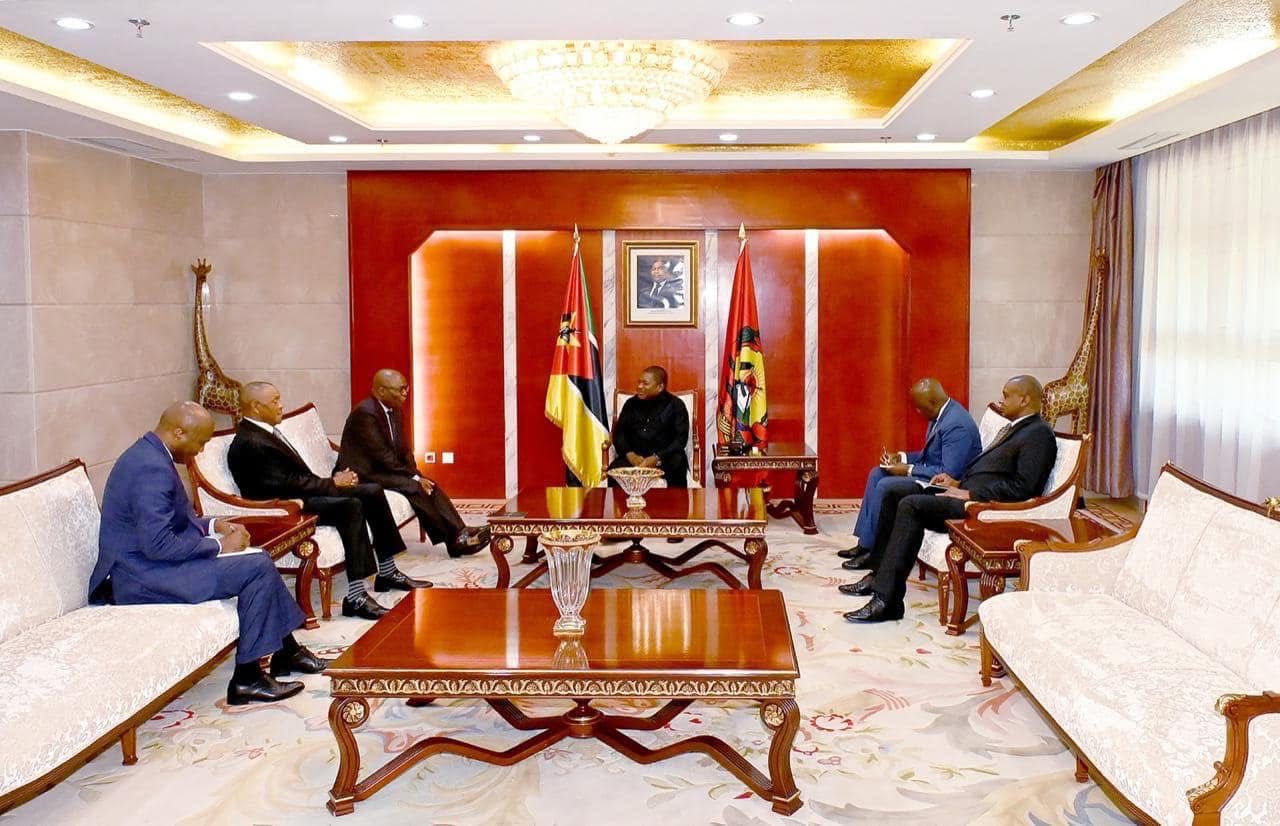The World Bank has cautioned Namibia when it comes to natural resources, particularly oil, saying the country should use the example of Nigeria as a case study in which oil has not delivered the promised development.
World Bank regional vice president for eastern and southern Africa Victoria Kwakwa said this on Tuesday at State House, where she met president Hage Geingob.
“For all these resources not to end up being a blessing rather than a curse like you have seen in countries like Nigeria, where oil has not really delivered in terms of development, but in Ghana where we found oil more recently, we harnessed it for development,” said Kwakwa.
She commended the country for putting in place a sovereign wealth fund.
“You have a sovereign wealth fund to channel proceeds from these resources, that you then plan to redistribute to promote development and that is a fantastic idea, and learning from the experiences of countries like Norway and how they use their sovereign wealth fund will be helpful,” she said.
Speaking at the same event, prime minister Saara Kuugongelwa-Amadhila touched on the e-governance structure, saying the current systems in place are not talking to each other.
“We found that we started to acquire these systems in different government institutions, but they are not talking to one another. So, now we need to make sure that that happens.
We do have an action plan, but integrated action plan systems are not talking to one another. But at least we have started with filing our taxes online,” Kuugongelwa-Amadhila noted.
She further added that the government is hoping to move the tendering process solely online.
“We are hoping to be able to apply for tenders online and also for people to apply for jobs online.
We are thinking that it does not only reduce costs and promote convenience, but it also improves governance,” said the prime minister.
Meanwhile, Kwakwa said the bank will be willing to come on board to help Namibia establish a system that integrates all government bodies.
“We’re also discussing the e-government’s approach and your approach as a government to become electronic.
Again, something we’ve supported in a lot of countries, and this is an offer of support to have different systems and different parts of government talking to each other and being interoperable,” said Kwakwa.
Kwakwa added that the digital market in Namibia has great potential as a job enabler, but it is too costly for average Namibians.
“I think you’ve been very successful on access when it comes to digitalisation, however, the challenge that we’ve seen is that because of the high price, a lot of people aren’t able to afford it and use it in a way to help them access services and get jobs and so on.
So, the question is how do you bring these services in a more affordable way?”
Kwakwa said the government should organise the sector in a way that would generate more competition between players in the sector to drive down prices for the ordinary Namibian, so that more people are able to use this major enabler.
Stay informed with The Namibian – your source for credible journalism. Get in-depth reporting and opinions for
only N$85 a month. Invest in journalism, invest in democracy –
Subscribe Now!







